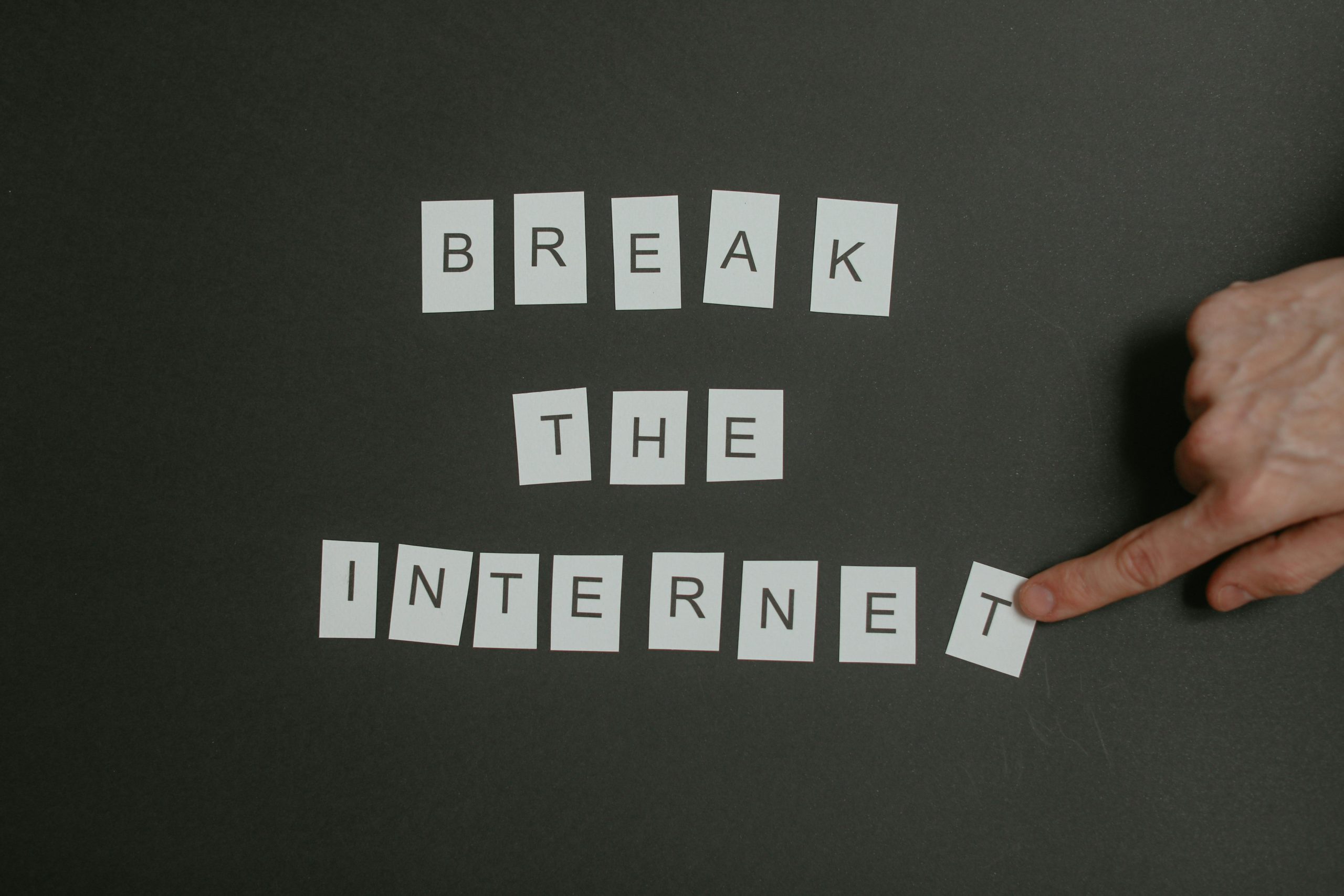The phrase “sleeping while our beds are burning” suggests a state of ignorance or complacency in the face of significant problems or crises. It implies that we may be ignoring urgent issues, such as social injustice, environmental destruction, or personal struggles, while remaining comfortable in our own lives.
To address this idea, it is vital to first acknowledge the pressing matters that often go overlooked. For instance, in a societal context, issues like climate change, economic inequality, and human rights violations are happening around us, yet many choose to stay disengaged or indifferent, much like someone who continues to sleep despite a fire nearby.
To combat this mindset, awareness and education play critical roles. By actively seeking out information, understanding the challenges we face, and participating in discussions, we can awaken our senses to the realities affecting our world. Moreover, taking action—whether through advocacy, volunteering, or simply altering our personal habits—can help alleviate those “fires.”
In essence, sleeping while our beds burn reflects a broader commentary on human behavior and societal responsibility. It calls on us to remain vigilant, informed, and proactive, rather than turning a blind eye to the pressing issues of our time.



